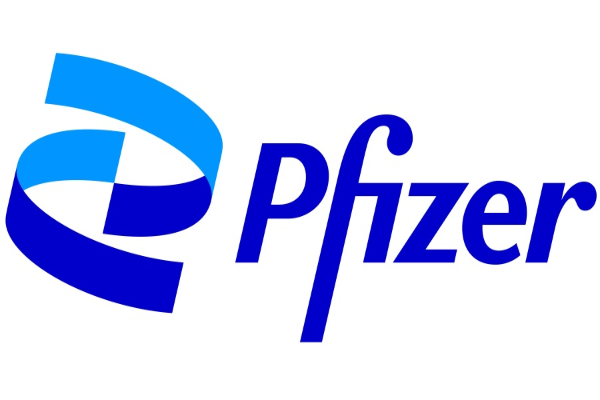Treatment with TUKYSA was well-tolerated, with a safety profile consistent with previously known profiles of the individual agents

Pfizer announced positive topline results from the pivotal Phase 3 HER2CLIMB-05 trial, evaluating TUKYSA (tucatinib)in combination with trastuzumab and pertuzumab as first-line maintenance therapy for patients with human epidermal growth factor receptor 2-positive (HER2+) metastatic breast cancer (MBC).
The study met its primary endpoint, demonstrating a statistically significant and clinically meaningful improvement in progression-free survival (PFS) by investigator assessment in patients receiving the TUKYSA combination versus placebo, both given with standard-of-care maintenance therapy (trastuzumab plus pertuzumab) following induction chemotherapy.
Treatment with TUKYSA was well-tolerated, with a safety profile consistent with previously known profiles of the individual agents.
“HER2+ breast cancer remains a challenging disease, with many patients progressing despite effective first-line therapies,” said Erika Hamilton, M.D., Principal Investigator of HER2CLIMB-05 and Director of Breast Cancer Research, Sarah Cannon Research Institute (SCRI). “These results suggest that adding TUKYSA to standard maintenance therapy can further delay disease progression, offering patients a well-tolerated, chemotherapy-free treatment approach.”
HER2 overexpression occurs in approximately 15–20 per cent of breast cancers and is associated with poor prognosis—the five-year survival rate for HER2+ MBC remains just 41–47 per cent, depending on hormone receptor status. Despite significant advances, standard first-line maintenance therapy has not changed since 2012, and most patients experience disease progression within two years of treatment initiation.
“With HER2CLIMB-05, Pfizer is advancing the next chapter in front-line treatment for HER2+ metastatic breast cancer,” said Johanna Bendell, M.D., Chief Development Officer, Oncology, Pfizer. “The positive results highlight TUKYSA’s potential to redefine maintenance therapy with a chemotherapy-free regimen that may benefit a broader population of patients. We deeply thank the patients and investigators who made this milestone possible.”

Subscribe To Our Newsletter & Stay Updated